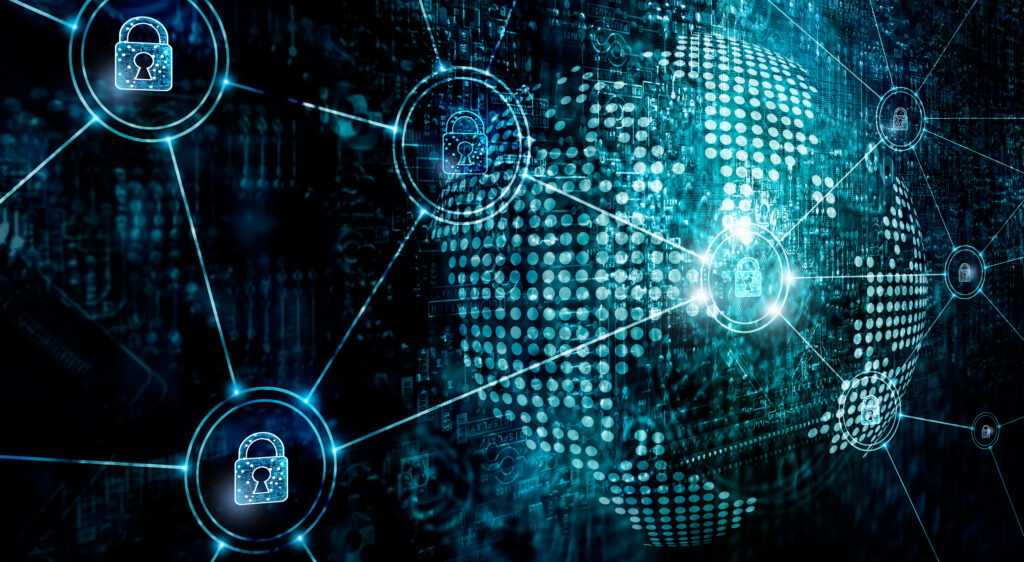Virtual Threats, Real Consequences: The Importance of Cybersecurity in Real Estate Safety

Technology has unquestionably changed the real estate industry.
We can meet virtually with potential buyers. They can search through listings and take virtual tours to help us gain clarity on their preferences, taking a lot of the guesswork out of the house-hunting process. And AI is taking us to places we have never been before!
Although it’s easy to embrace the ease and benefits of using technology, agents need to be aware of the very real threats within cyberspace which can occur behind the scenes.
When real estate agents prioritize cybersecurity awareness and implement security measures appropriately, we can keep critical and sensitive virtual information safe from online predators. Below, I’ll discuss some key cybersecurity concerns and what you can do to keep yourself digitally safe.
Phishing Attacks
When people with malicious intentions impersonate legitimate businesses, clients, or colleagues, it may be difficult to resist a seemingly innocent click on a link. You may see familiar logos or even images of people you know that were taken or used without their permission. Cybercriminals’ main goal is to get you to click on a link that will enable them to retrieve information from your computer.
Data Breaches
Personal and financial information play an important role in the lives of real estate professionals and their clients. A data breach occurs when this information falls into the hands of someone outside of your network. A data breach could easily be the result of clicking on a phishing link that comes your way from a text, email, or attachment.
Wi-Fi Vulnerability
It’s fun to change your environment and work from your favorite coffee shop or take your laptop to a restaurant for a working lunch. But when you log into public Wi-Fi, there could be a cybercriminal waiting to exploit those unsecured networks. While you’re thinking about business as usual, someone else can eavesdrop on your communications, steal your login information, or even gain access to other private information, whether it belongs to you or your clients.
Social Engineering
Social engineering occurs when cybercriminals try to impersonate clients, colleagues, or authority figures to gain your trust and then manipulate you into sharing sensitive information or following their requests for taking unauthorized action. It is easy to inadvertently engage in their deception when you’re used to communicating with specific people on a regular basis. Then by the time you figure out they weren’t who they said they were, they’ve already wreaked havoc on your information.
Ways to Stay Safe in Cyberspace
Be cautious of suspicious emails, messages, and attachments, and avoid forwarding or sharing anything without making sure they are legitimate. When working remotely or in public, use VPNs, or virtual private networks to ensure your safety and privacy.
Take password creation seriously. Too many people use “password” as their real password. Don’t be that agent who makes it easy for cybercriminals to log in. Secure password management, encryption, and regular data backups are your friends when it comes to proactively protecting your privacy and that of your clients.
Put updating your devices as a task on your calendar at least monthly. And when the reminder pops up, take the time to update your security patches and check for updates on your antivirus software.
If you don’t feel like the most tech-savvy person in your office, it may be worth the money to work with a reputable IT professional or a cybersecurity expert who can provide guidance and assistance with your security measures.